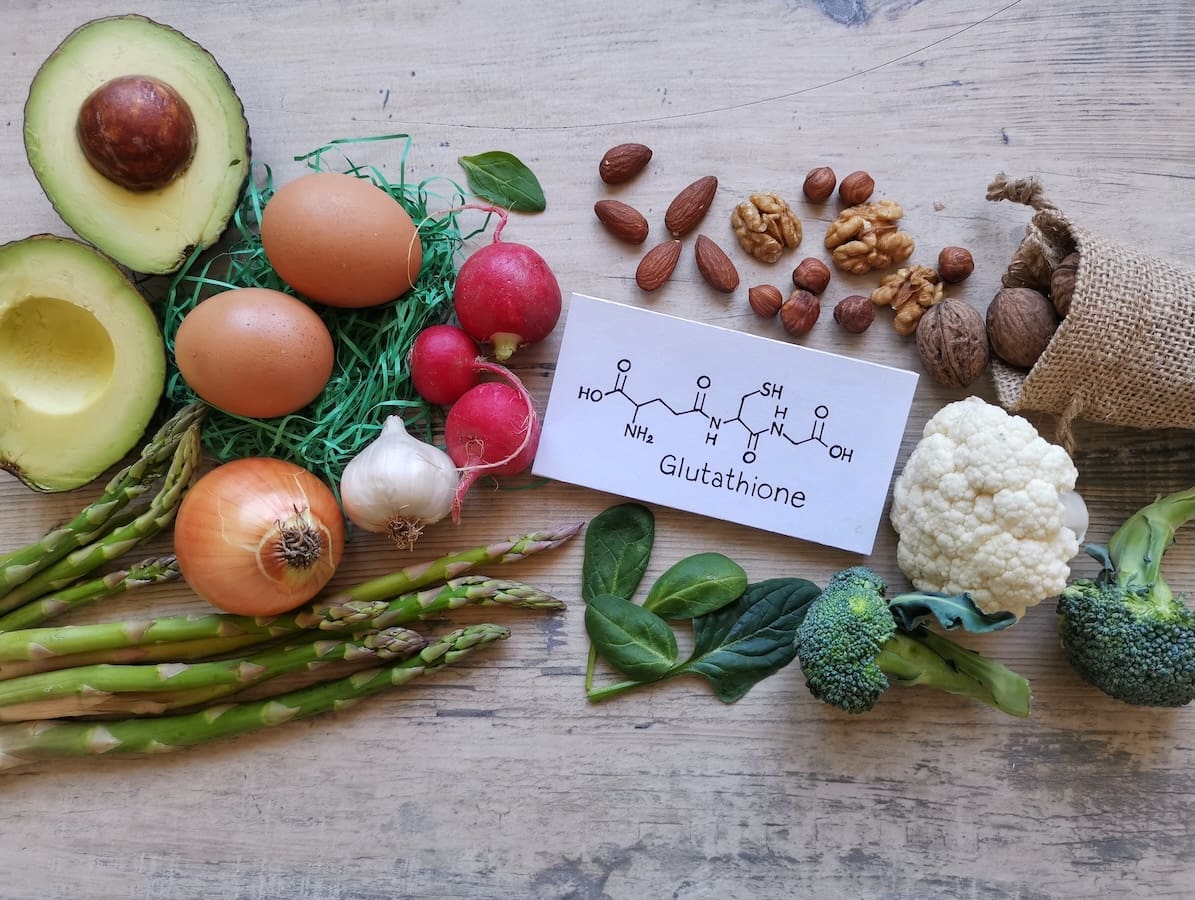A low FODMAP diet may help inflammatory bowel disease
By naturopath Margaret Jasinska
A low FODMAP diet is often recommended to help with irritable bowel syndrome, but research shows it can help more serious bowel diseases such as Crohn’s disease and ulcerative colitis.
Crohn’s disease and ulcerative colitis are both autoimmune diseases. They occur when the immune system attacks part of the intestines. Ulcerative colitis affects the large intestine (colon), whereas Crohn’s disease may affect the small and large intestine. They are both very common diseases and the symptoms they produce can significantly reduce quality of life. They also have the potential to become very serious and require strong medication or surgery.
A few recent studies have shown that a low FODMAP diet may offer significant relief of symptoms. FODMAPs are a group of carbohydrates that are poorly absorbed by many people. FODMAP stands for Fermentable Oligosaccharides, Disaccharides, Monosaccharides and Polyols. Some people have a very low tolerance to these foods, and eating them causes a great deal of bloating and discomfort. FODMAPs tend to have a cumulative effect, so that people typically find they become more and more bloated as the day progresses. That’s why bloating and indigestion tend to usually be worst in the evening.
If you want to try a low FODMAP diet, you may notice an improvement in bowel symptoms within a few days. Many commonly eaten foods are high in FODMAPs, including apples, pears, onion, garlic, cabbage, asparagus and snow peas. Legumes and lentils are especially high in FODMAPs, so it’s no wonder that many people with IBS find they cause a great deal of gas and people with inflammatory bowel disease may experience a flare up.
Three observational studies and one randomised controlled trial have shown that a low FODMAP diet may improve gastrointestinal symptoms, including abdominal pain, bloating, diarrhoea, flatulence, stool consistency and stool frequency. These were small studies, and more research is needed in this area. There is good information on how to follow a low FODMAP diet here.
We see a large number of patients with Crohn’s disease and ulcerative colitis. Dr Cabot and I have written about the diet and supplement strategies we use in our book about autoimmune disease. Along with a low FODMAP diet, healing leaky gut is essential. People with inflammatory bowel disease almost always have several food sensitivities and unbalanced gut bugs. An overgrowth of harmful gut bugs can cause chronic inflammation to the gut lining and a hyper stimulated immune system. Inflammatory chemicals then travel through the bloodstream and reach the liver, aggravating the condition.
The nutrients in Gut Health powder help to soothe the lining of the gut. They can help to provide symptomatic relief for gut discomfort.









does it help NAFLD??
Hi Julie,
Low-carbohydrate / ketogenic diets are best for NAFLD.
The low FODMAP diet specifically helps digestive disorders.
Kind regards,
Louise